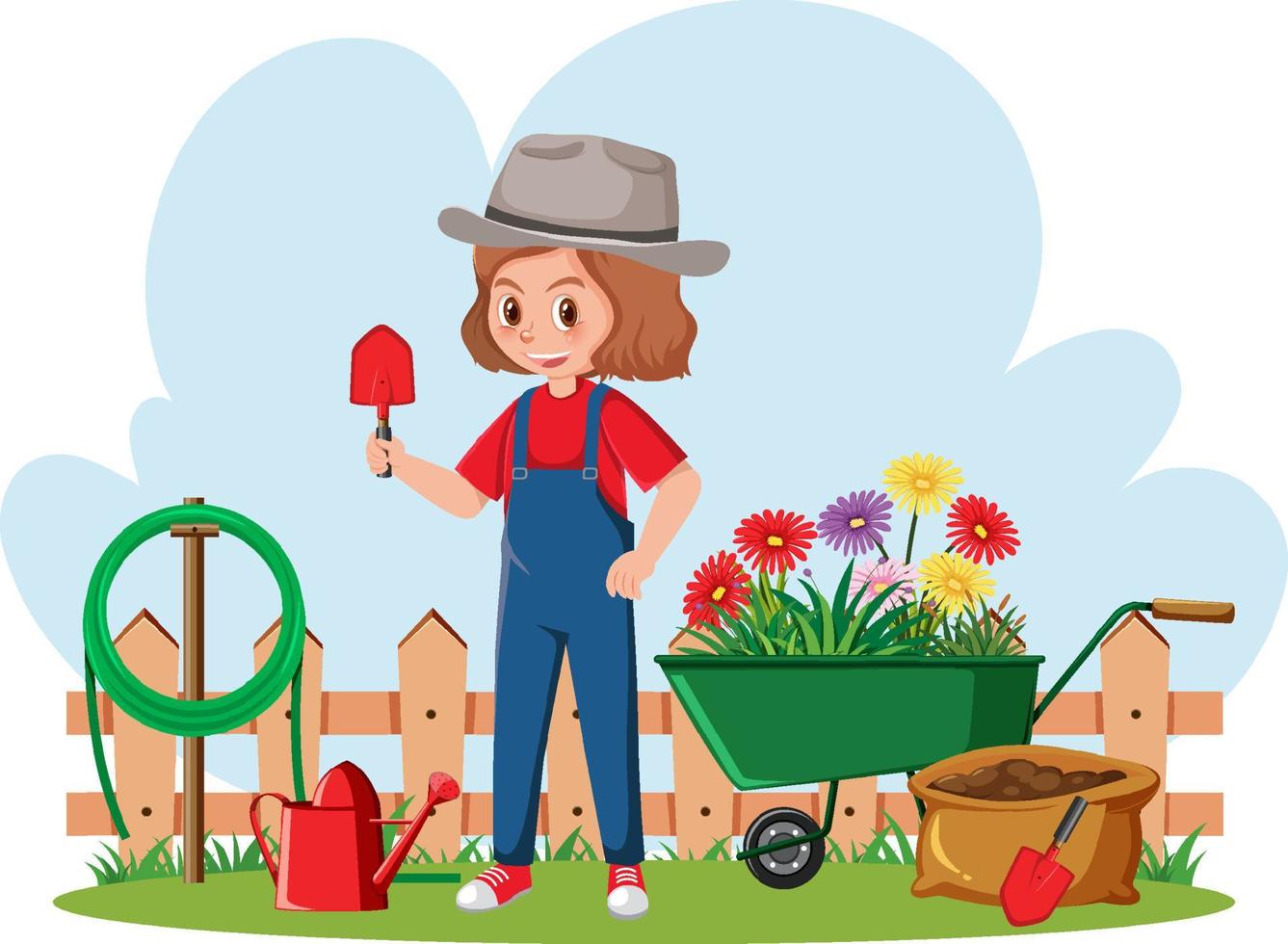Expanding Environment-friendly Thumbs: a Newbie's Trip Into the Globe of Horticulture
Are you anxious to get your hands filthy and begin expanding your very own garden? Look no additional! In this post, we'll take you on a novice's journey into the world of horticulture. You'll discover choosing the right plants, understanding soil and compost, and essential gardening devices. We'll likewise instruct you watering and fertilizing methods and exactly how to deal with usual yard pests. Prepare yourself to cultivate your eco-friendly thumb and see your yard thrive!
Selecting the Right Plants
You require to evaluate your horticulture room and identify the number of plants that will fit comfortably. Action the measurements of your yard beds or pots and calculate the offered area. Take into consideration the mature size of the plants you plan to expand.
Once you have a clear concept of your horticulture space, it's time to choose the right plants. Specific plants prosper in full sun, while others prefer partial color. This will certainly help you pick plants that are fit to your particular conditions.
It's also necessary to consider your degree of horticulture experience. Choose for plants that are easy to grow and require minimal maintenance if you're new to horticulture. Herbs like basil, rosemary, and mint are excellent and flexible for beginners. Additionally, consider the size of your growing period. Choose plants that have a shorter maturation duration if you live in a region with a shorter growing season.
Recognizing Soil and Compost
Dirt is the foundation of your yard, giving nutrients, water retention, and assistance for your plants. It is essential to have an excellent understanding of your soil kind, whether it is sandy, clayey, or fertile, as this will certainly identify the kinds of plants that will thrive in your yard. Bear in mind, a healthy and balanced and productive dirt is the essential to a successful yard, so take the time to comprehend your dirt and integrate garden compost to ensure your plants prosper.

Important Gardening Devices
Now that you understand the significance of soil and compost, let's check out the vital horticulture devices you'll need to grow your environment-friendly oasis. One of one of the most fundamental tools you'll require is a garden trowel. This little handheld tool is ideal for digging tiny openings, hair transplanting seedlings, and scooping dirt. One more essential device is a garden fork. This durable tool is utilized for loosening up soil, separating clumps, and turning compost. A great set of horticulture gloves is a must-have to secure your hands from thorns, prickly plants, and dust. Look for gloves that are resilient, breathable, and give a great grip. A garden pipe or watering can is vital for maintaining your plants moisturized. Choose a hose pipe with a spray nozzle that enables you to change the water circulation and pressure. A durable pair of pruning shears or secateurs is necessary for trimming and shaping your plants. Seek shears with a sharp blade and comfy manages. Lastly, a garden rake works for leveling dirt, removing particles, and spreading compost. With these vital tools in your horticulture link collection, you'll be fully equipped to produce and maintain your eco-friendly sanctuary.
Watering and Fertilizing Techniques

Taking Care Of Common Yard Pests
As a novice gardener, you might run into typical garden insects that can damage your plants. These bugs can range from pests like beetles, aphids, and caterpillars, to small pets like squirrels and rabbits. It is necessary to be able to deal and recognize with these insects effectively in order to safeguard your plants and make sure a successful yard.
Among the very first actions in managing garden pests is to regularly check your plants for any indicators of infestation. Try to find eaten leaves, openings in the vegetation, or the presence of little pests. If you identify any type of insects, it is very important to take action promptly to stop them from spreading out and triggering additional damage.
There are several approaches you can utilize to control yard parasites. Additionally, there are natural parasite control sprays offered that can help discourage and remove usual garden insects.
Remember, prevention is essential when it comes to dealing with garden insects. Maintaining your garden clean and totally free of debris can help in reducing the possibility of an invasion. Regularly eliminating weeds and dead plants can likewise aid eliminate concealing places for parasites.

Final Thought
Congratulations on finishing your novice's journey into the world of gardening! By choosing the right plants, Related Site recognizing dirt and garden compost, utilizing necessary horticulture tools, and understanding watering and fertilizing methods, you have established on your own up for success. Do not neglect to remain attentive in taking care of common yard parasites to ensure your plants flourish. With your newly found expertise and green thumbs, your garden will certainly grow and bring you countless happiness and beauty (home gardening for beginners). Delighted horticulture!
Dirt is the structure of your yard, offering nutrients, water retention, and support for your plants. It is important to have an excellent understanding of your dirt kind, whether it is sandy, clayey, or fertile, as this will figure out the kinds of plants that will prosper in your garden. Bear in mind, a healthy and balanced and abundant dirt is the key to an effective yard, so take the time to understand your soil and integrate garden compost to ensure your plants flourish.
As a newbie garden enthusiast, you may experience usual garden bugs that can wreak chaos on your plants. It's important to be able to deal and determine with these parasites efficiently in order to shield your plants and make certain an effective garden.